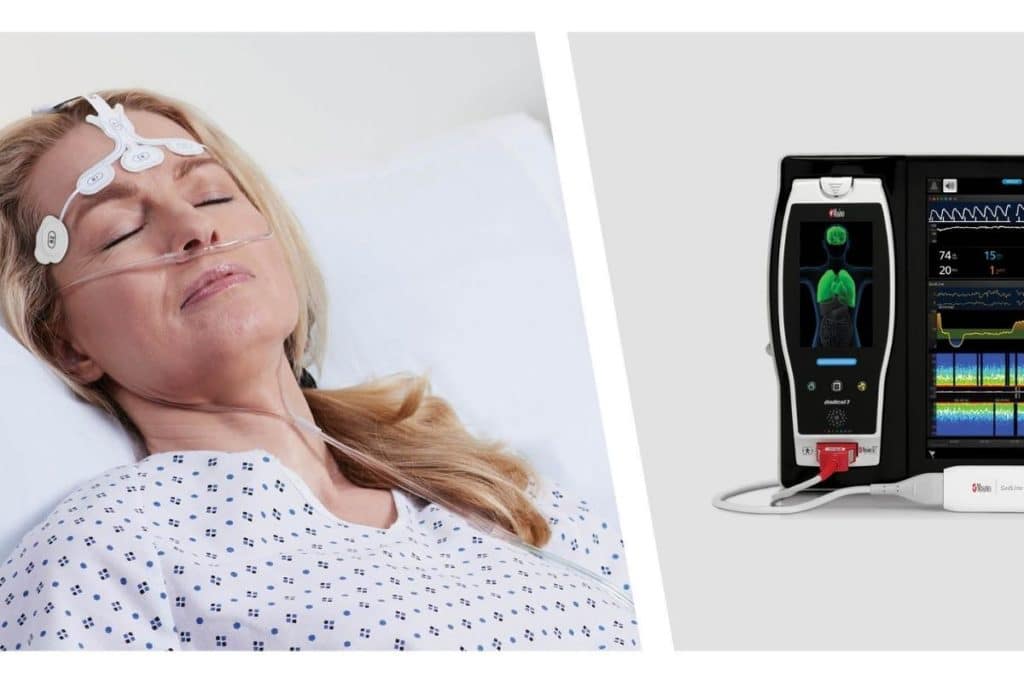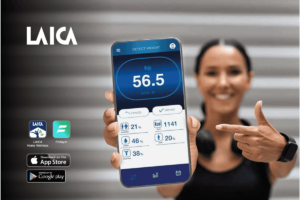The Journal of Cardiothoracic and Vascular Anesthesia recently published a study from a research team at the Montreal Heart Institute focusing on pEEG-guided anesthesia, which was accepted as a standard carepractice in 2017. The retrospective study showed that using processed electroencephalography (pEEG) to guide anesthesia reduced the use of ion tropic and vasoactive drugs.
Additionally, it reduced the use of opioids and anesthetics in the operating room, as well as the central venous pressure (CVP), administration of fluids, intraoperative bleeding, and it also reduced the duration of mechanical ventilation.
Researchers noted that the use of high inotropic and vasoactive drug doses has been linked to renal dysfunction and even death. Researchers wished to determine if anesthesia guided by pEEG could improve cardiac surgery outcomes by decreasing the use of such drugs not only during the operation, but also afterward during the patients’ stay in the ICU.
The Objectives of the Study
The primary focus of the study was to determine if anesthesia guided by pEEG could help decrease hemodynamic fluctuation during the procedure of cardiopulmonary bypass separation.
They measured this by distinguishing the surgery into three categories: easy, which refers to using just one inotropic or vasoactive agent during the surgery; difficult, which refers to the use of up to two different kinds of agents; and complex, which would require the return to CPB or the use of mechanical circulatory support.
The secondary focus of the study was to determine if anesthesia guided by pEEG would cause a reduction in the use of inotropic and vasoactive drugs during the patient’s stay in the ICU. They measured this using the vasoactive and inotropic score (VIS).
The Details of the Study
The study subjects consisted of a retrospective group of 300 adult patients who had heart surgery using CPB from 2013 to 2020 at the Montreal Heart Institute. The subjects were split into two groups.
One group was made up of patients who received anesthesia guided by pEEG and the other group of was made up of patients who didn’t receive anesthesia guided by pEEG.
Researchers observed the brain function of those in the pEEG group from the second they got in the operating room to the second they got to the ICU. To do this, they used SedLine from Maximo.
This showed that the pEEG group were provided with fewer inotropic and vasoactive drugs in the first hour after getting to the ICU, which resulted in lower VIS scores. Moreover, members of the pEEG enjoyed a 57% reduction in the chances of being in a higher VIS category.
There are also other outcomes that were reduced in the pEEG group. Such as the duration of mechanical ventilation, amount of bleeding, and intraoperative fluid balance.
A small percentage of the pEEG group experienced unsuccessful CPB separation, as compared to the other control group, which didn’t receive anesthesia guided by pEEG. However, after adjustments were made with the use of multiple logistic regression, it was noted that anesthesia guided by pEEG wasn’t independently linked to CPB separation.
The researchers also noted that unsuccessful CPB separation was linked to several individual and known predictors of hemodynamic issues. So, it had very little to do with anesthesia guided by pEEG.
Conclusion
This is how the study showed that using processed pEEG to guide anesthesia reduced the use of inotropic and vasoactive drugs. This is good news because said drugs cause a wide array of side effects, including headaches, chest pain or angina, tremors, low platelet count, and irregular heartbeat, rashes, and abnormal liver test, among others.






